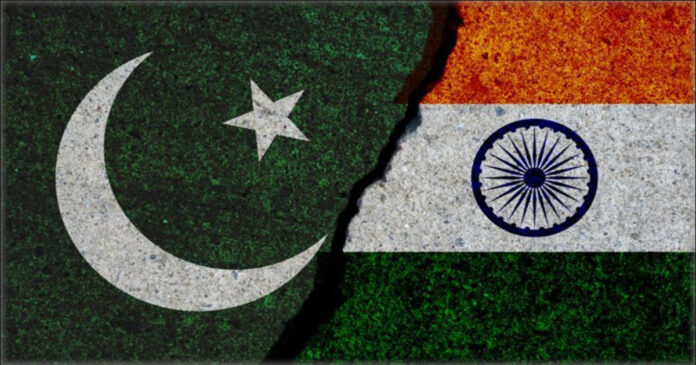ISLAMABAD: The Ministry of Foreign Affairs said on Sunday that Pakistan and India will exchange names of their nuclear installations and facilities each year.
Between Pakistan and India, an agreement prohibiting attacks on nuclear installations and facilities was reached on December 31, 1988. And it was ratified on January 27, 1991.
The agreement, among other things, stipulates that on January 1 of each calendar year, both nations must share information about their nuclear installations and facilities that fall under its criteria.
Following, a representative of the Indian High Commission in Islamabad was formally given the list of nuclear installations and facilities in Pakistan today at the Ministry of Foreign Affairs, in accordance with the agreement.
A diplomat of the Pakistan High Commission in New Delhi received the list of India’s nuclear installations and facilities. This also happened at the same time from the Indian Ministry of External Affairs.
Since January 1st, 1992, the practise of exchanging the lists has continued.
Exchange of prisoner lists.
The lists of inmates in each other’s custody were also communicated between the two nations via diplomatic channels.
The Consular Access Agreement of 2008 allowed for the simultaneous sharing of lists. The lists of detainees held in each nation’s custody must be exchanged every year on January 1 and July 1 in accordance with the agreement.
The Pakistani authorities sent the Indian High Commission in Islamabad with a list of 705 Indian captives held there. This including 654 fishermen and 51 civilian detainees.
The High Commission for Pakistan in New Delhi also received a list of 434 Pakistani inmates held in India. This list includs 95 fishermen and 339 civilian detainees.
Separately, Pakistan has asked for the early release and repatriation of 94 fishermen and 51 civilian inmates. Those have served out their individual sentences and whose national status has been established.
Additionally, a request has been made to provide consular access to 56 civil prisoners and missing defence soldiers from the wars of 1965 and 1971.
A tense relationship.
India and Pakistan’s relationship has grown more strained in recent years.
The ruling Bharatiya Janata Party (BJP) in India organised a statewide protest against Foreign Minister Bilawal Bhutto Zardari. This happened after he referred to Indian Prime Minister Narendra Modi as the “Butcher of Gujarat.”
Pakistan had responded negatively to a statement made by the Indian Ministry of External Affairs that claimed Pakistan “lacked the qualifications to throw aspersions against India.”
According to the Foreign Office spokesperson, this response “reflects India’s rising resentment over its inability to demonise and isolate Pakistan.”
Additionally, Indian Prime Minister Modi declared a bounty on Bilawal’s head, which Pakistani FM deemed to be “stepping the line.”

